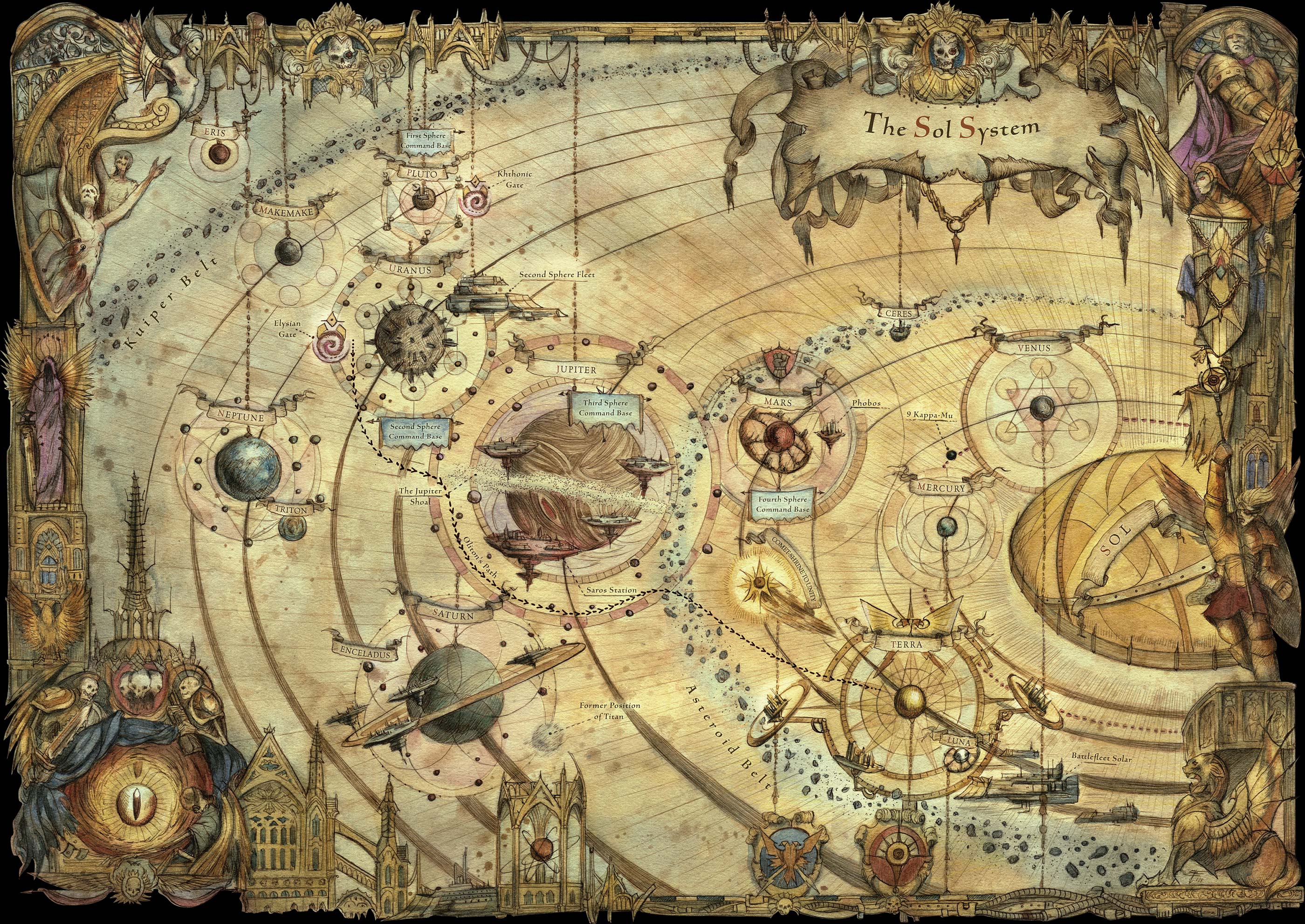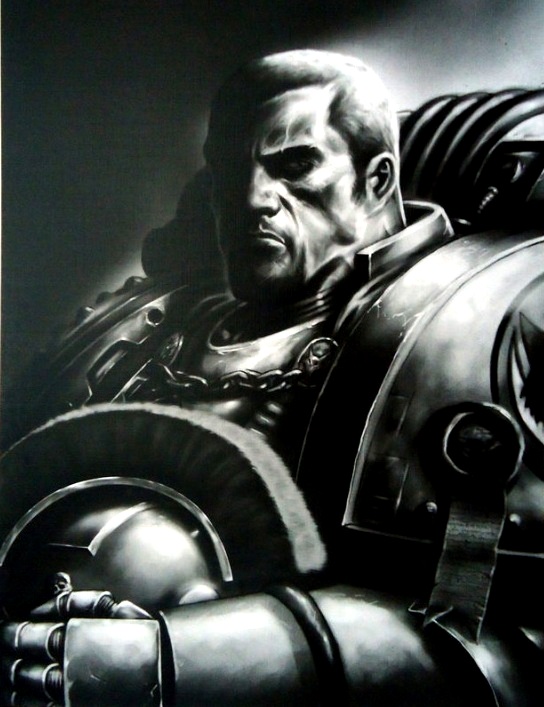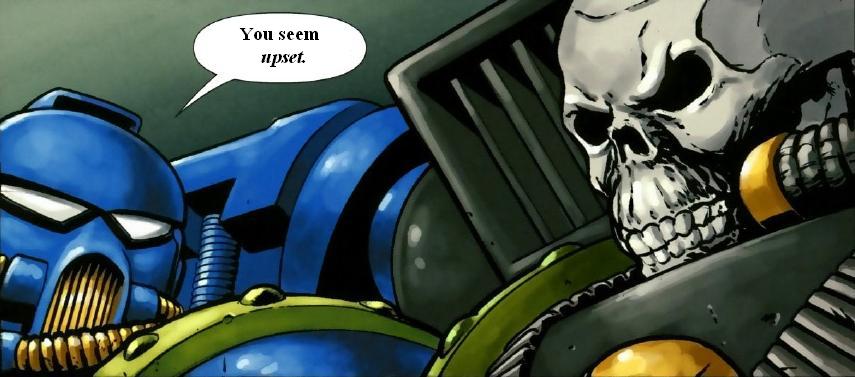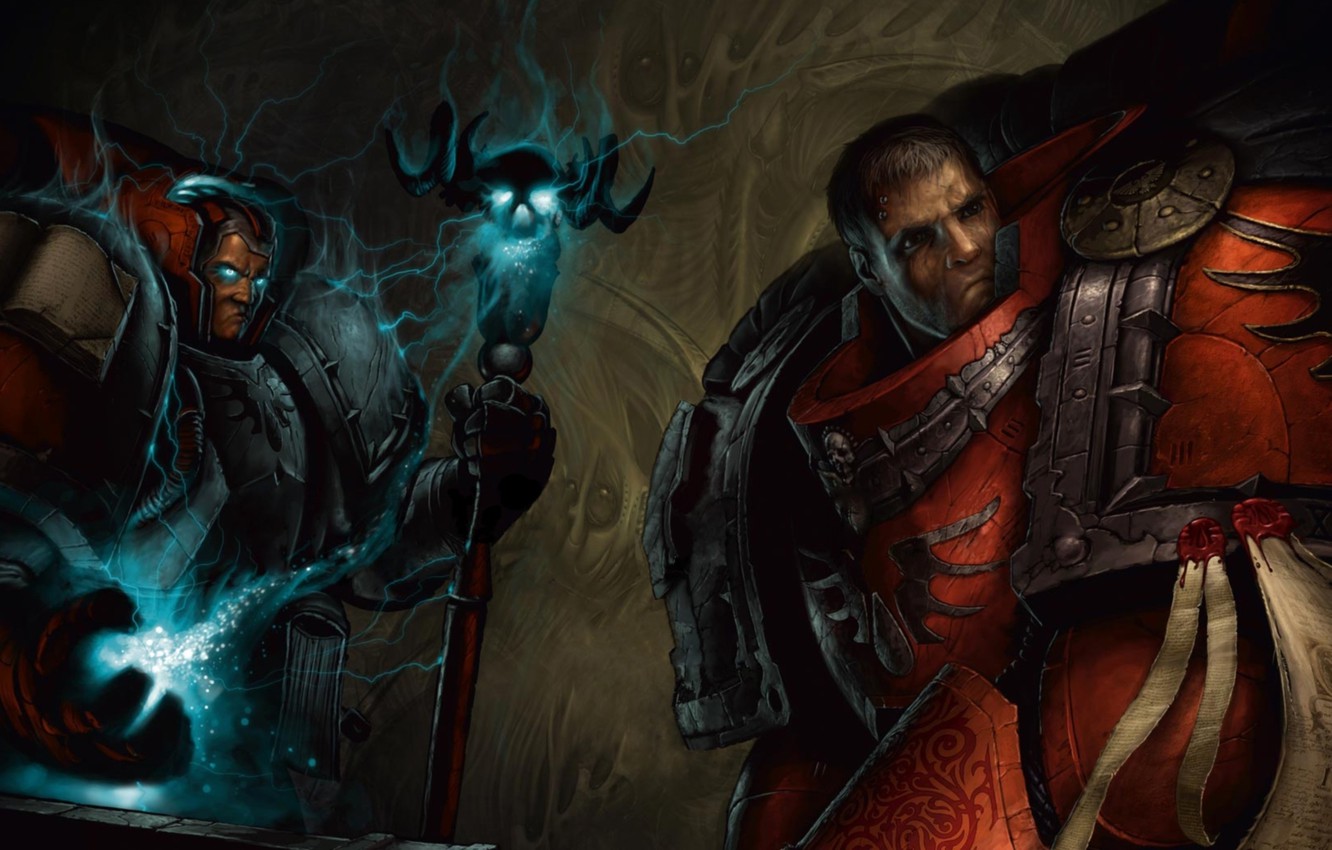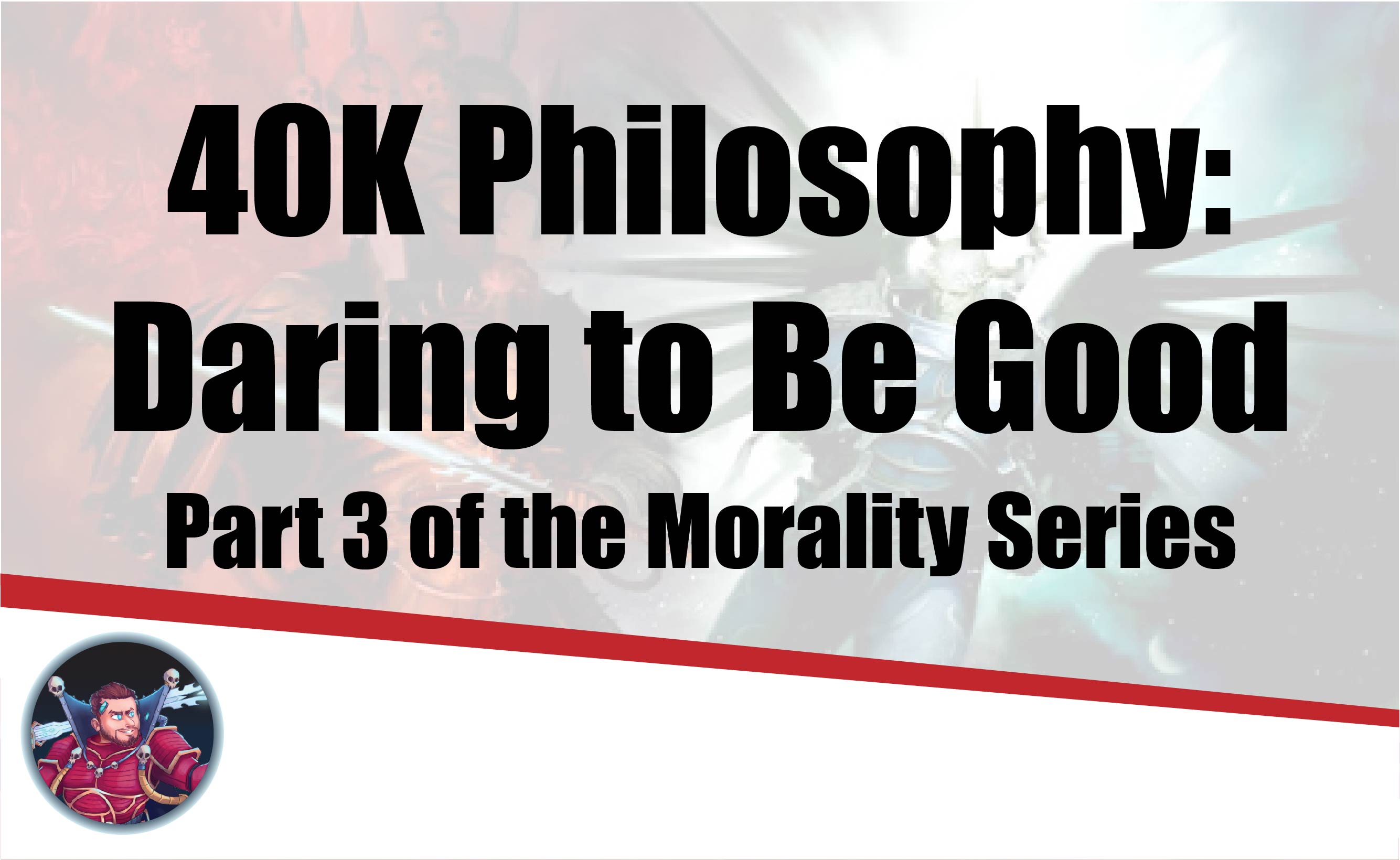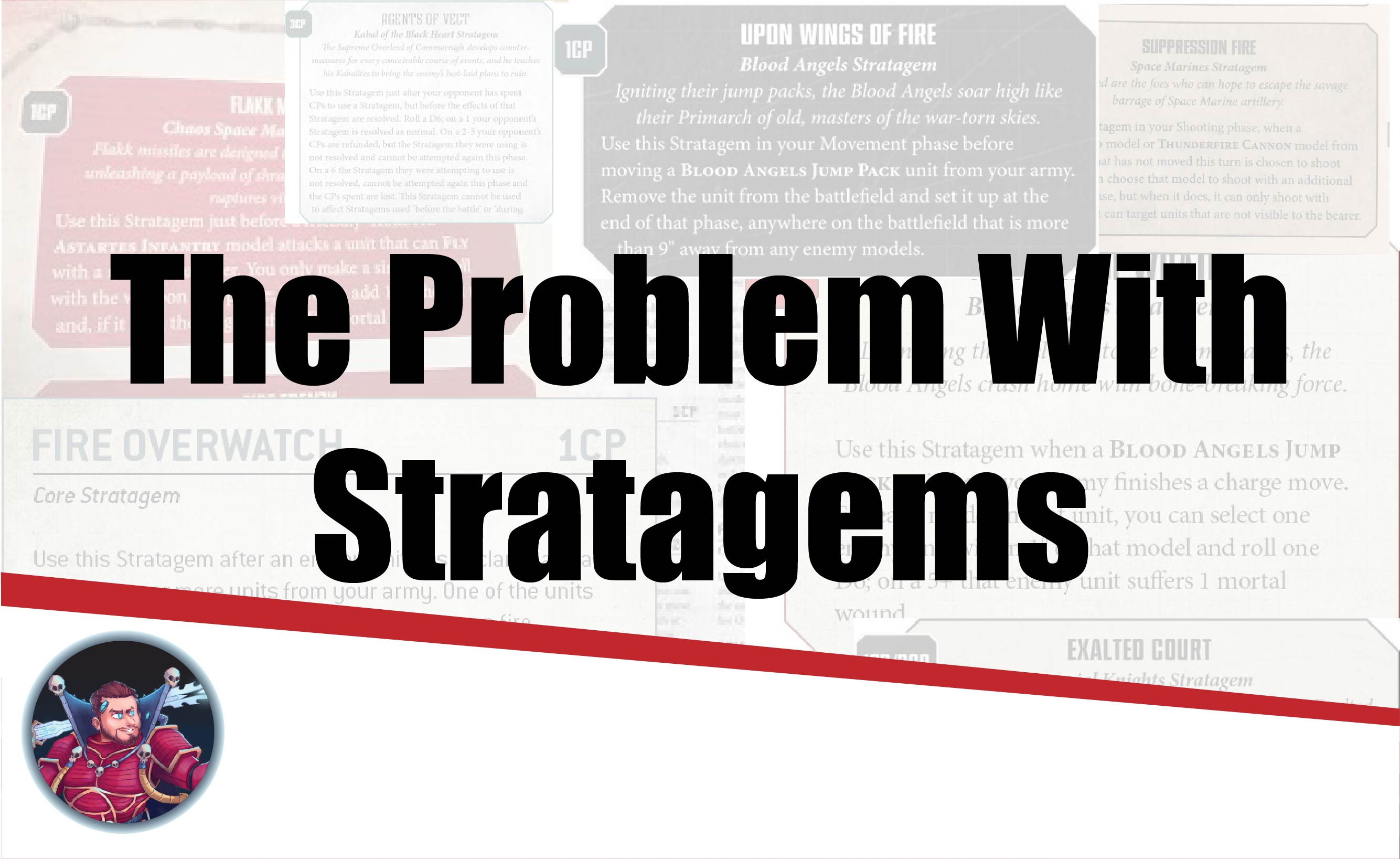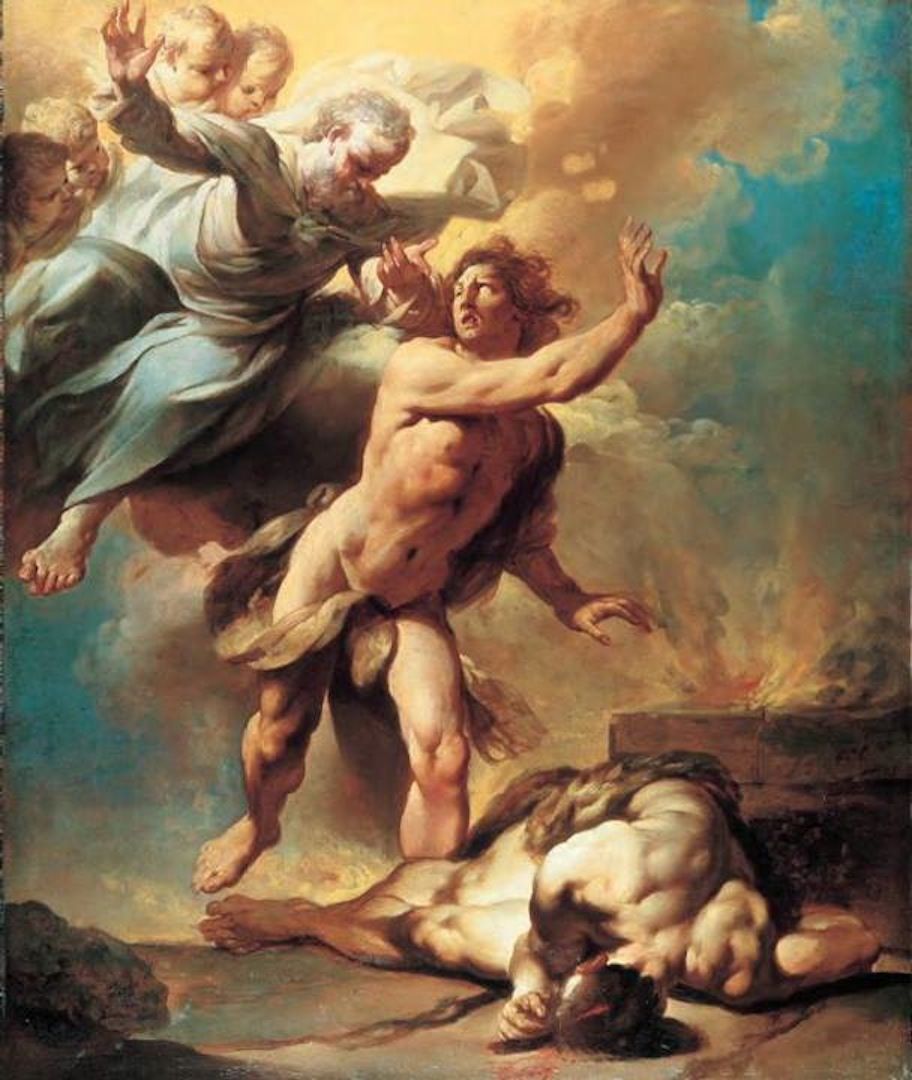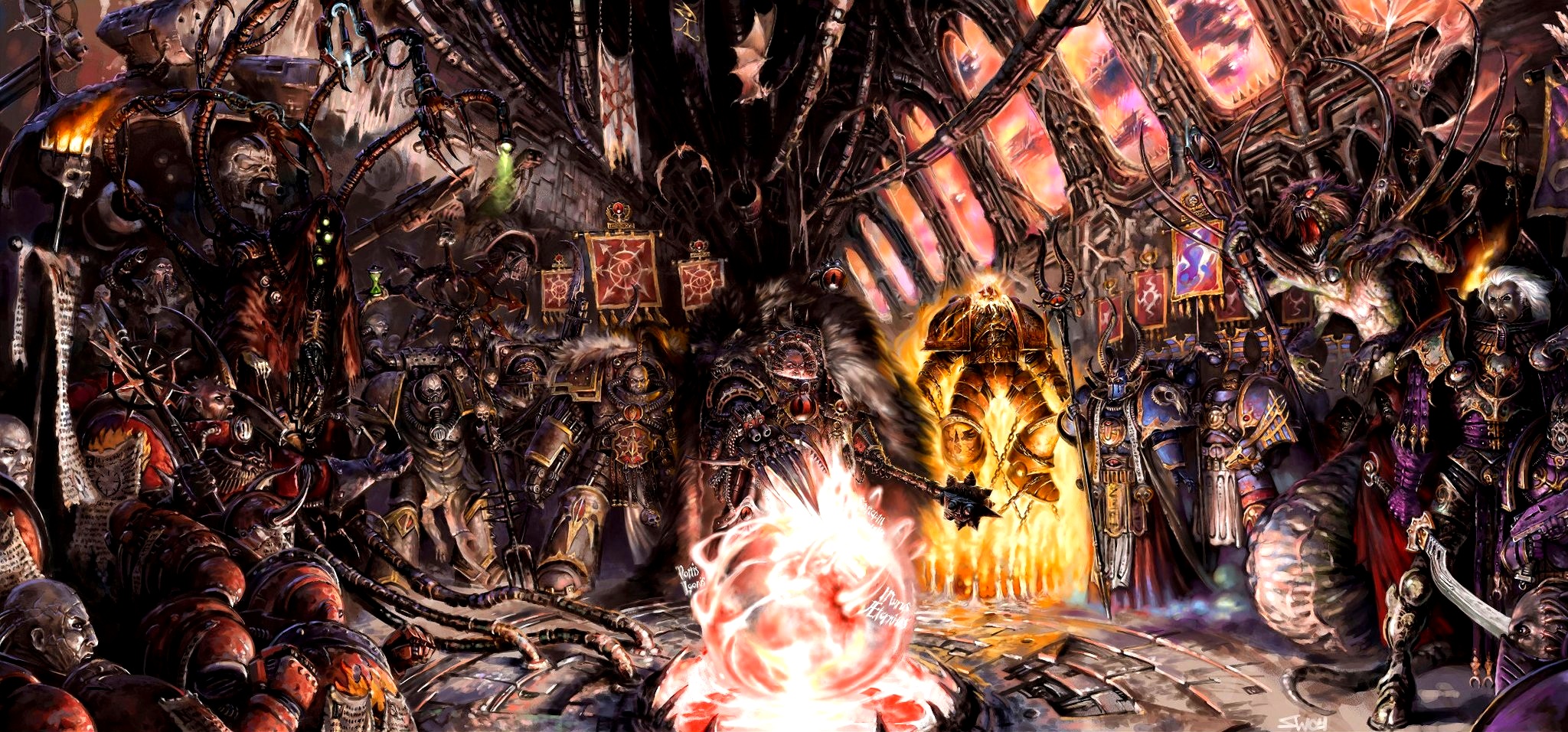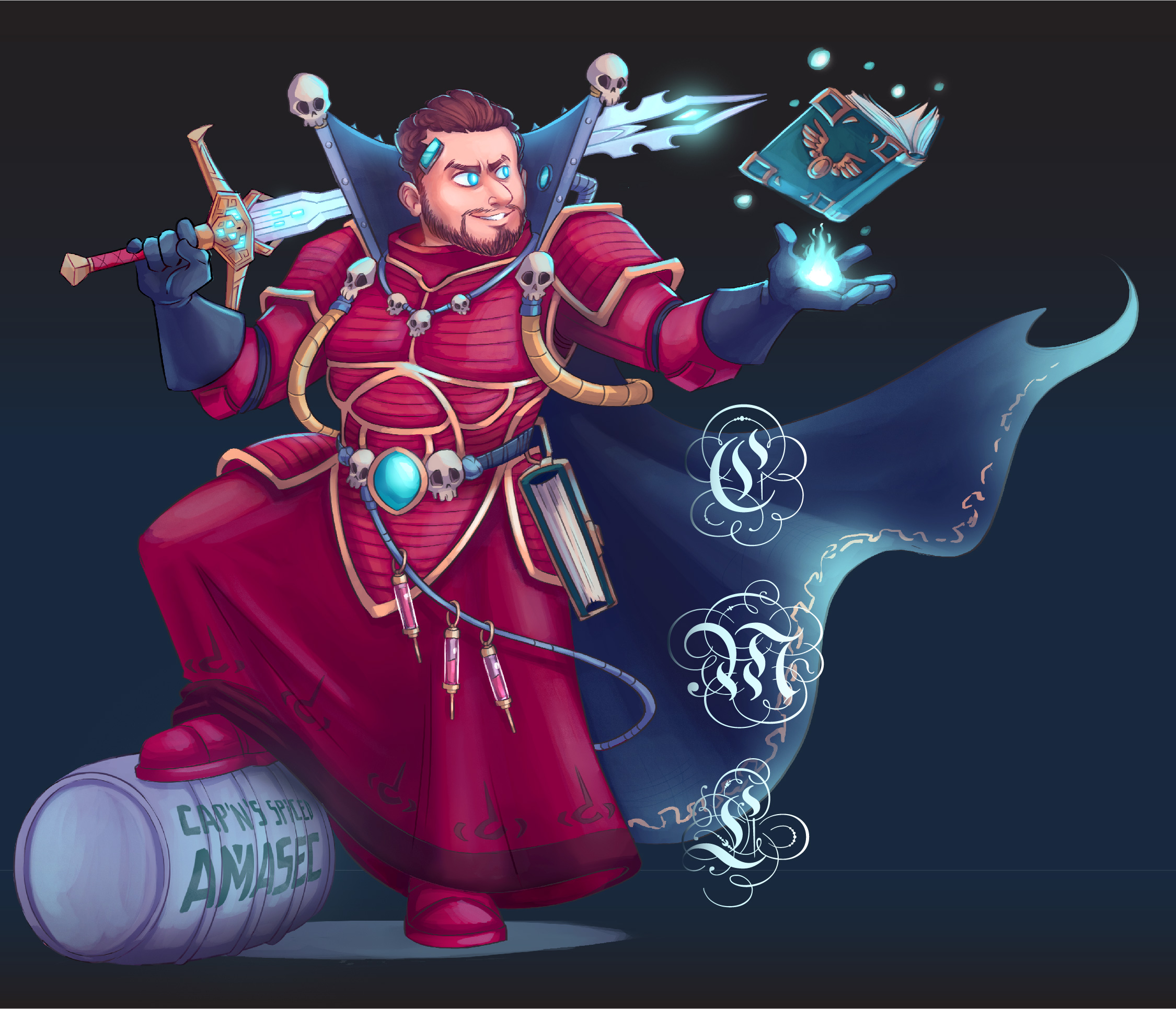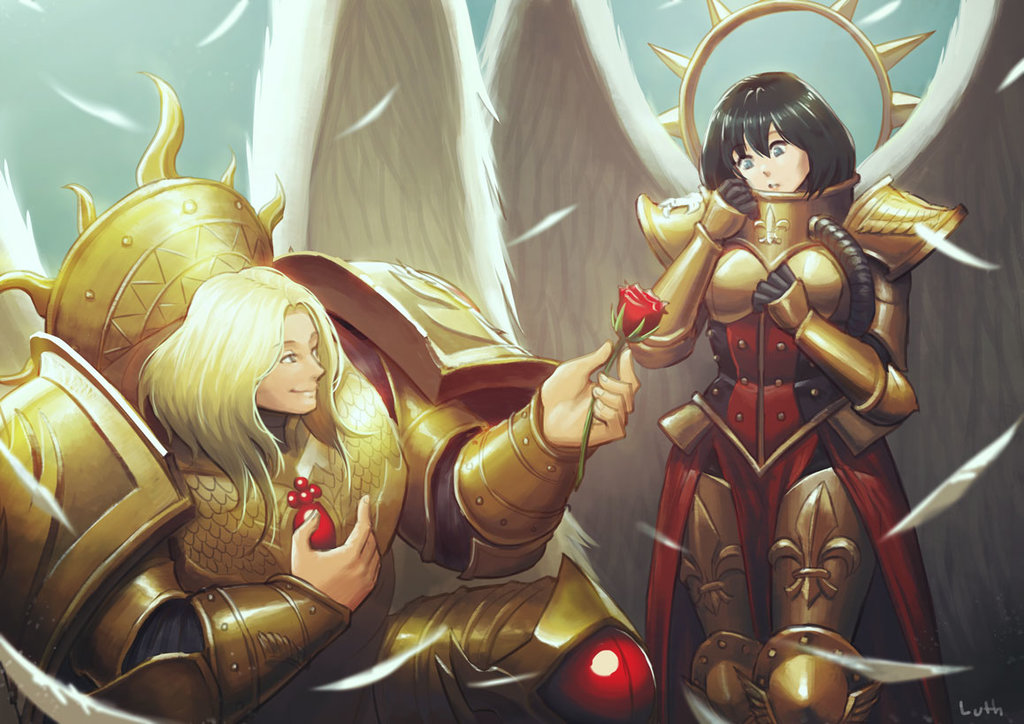What do we mean by innocence when talking about Garviel Loken? It is hard to imagine a decades-old galaxy-wide bio-engineered super-soldier having innocence. Of course, innocence isn’t here as a “guilty vs. innocent” comparison but is instead the lack of knowledge or ignorance that he and many other Astartes operated under.
Tag: Captain Morgan
Connecting With Characters – Garviel Loken Part 1
If you were asked who the “main character” of the Horus Heresy story is, you’d be hard-pressed to find an answer that could cover the 50+ novels of the Horus Heresy story. It is, after all, so incredibly vast and covering so many different characters that there’s no real way to say that one character is the main one in all of the stories. Some might say Horus since this is all titled after him. Some would say that it is the Emperor since all of the heresy’s conflict is done in support of or in spite of his dream for humanity. For me, I choose Garviel Loken.
The 10 Points That Broke the Game(rs)
This debate is a question of game ethos. To GW, what does being a good matched play/tournament player mean? This is the foundation of the social contract that applies to matched play at home and tournaments. Can we even take a moment and just appreciate that GW has taken the time to more clearly formalize a social contract? No one can say that GW doesn’t have a right to do it, either.
Mental Health and the Hobby – A Special Interview With Dr. Nahumck Part 1
Hello, 40K fans! I’ve got something a bit different from the usual philosophy lineup, but not too far a deviation. Mental health in the hobby is a topic that has gained steam in recent years. It should come as no surprise then that as we talk about the themes behind 40K’s narratives that we touch…
40K Philosophy: Daring to Be Good – Part 3 of the Morality Series
I definitely respect storytelling that is more than black and white representations of people and circumstances. That said, giving fans of 40K or even fans of “good guys” something good to root for isn’t making the grimdark a black and white moral picture.
The Problem with Stratagems
Stratagems are a new addition to 40K when looked at in the context of the whole game’s history. Even so, we’ve had a couple of years to really dig in and digest their place in the game now. I think it has been long enough for us to really take a look at what stratagems have added to and taken away from the game. At its core, the concept of stratagems was to create a system that would allow your units to be a little extra, or to allow the players an opportunity to find an exception to general rules principles and practices. The best examples of these are the core stratagems in the rulebook.
40K Philosophy – Eldar and the Fall
The 40K universe, like our own world, has a bevy of origin myths. Our world has legends like the creation of the world by Marduk in his clash against Tiamat the great dragon of chaos from Mesopotamian myth, the creation of the world from the body of a dead giant in Norse mythology, the creation of the world from a great sea when the sun rises as depicted in Egyptian mythology, as well as the commonly known Old Testament account from the Abrahamic religions. Many of these stories borrow from each other in many different ways as they have influenced each other across history, and many of their themes have made their way into the creation mythology of 40K
40K Philosophy – Horus and the Subversion of Myths in 40K
As a student of mythology, the name Horus reminds me of the ancient tales of the mythical being from Egyptian mythology. As a student of philosophy, I see the myth of Horus and look at the narrative for themes and meaning applicable to humanity and morality. As a fan of Warhammer 40K, I hear the name of Horus and see a character very far divorced from those ancient roots. In this article, I plan to look at the myths, themes, and stories of the old Egyptian myths and see how they fit into the ongoing narrative of the Horus Heresy.
40K Philosophy: Means to an End – Part 2 of the Morality Series
If anyone in 40K (or anywhere) represents a negative interpretation of “Will to Power” then it would be the Emperor of Mankind, the most intelligent and amorally rational example of moral relativism and ends-justify-the-means that perhaps has ever existed in fiction. I am going to make the case that it is exactly those traits that led directly to the Emperor’s downfall.
An Argument That Good Exists in the Grimdark, Part 1 of the Morality Series
Well, if concepts such as hatred, envy, nihilism, selfishness, betrayal, and malevolence lead to evil manifestations in the Warp, what about manifestations of selflessness, compassion, love, nobility, loyalty, and honor?

